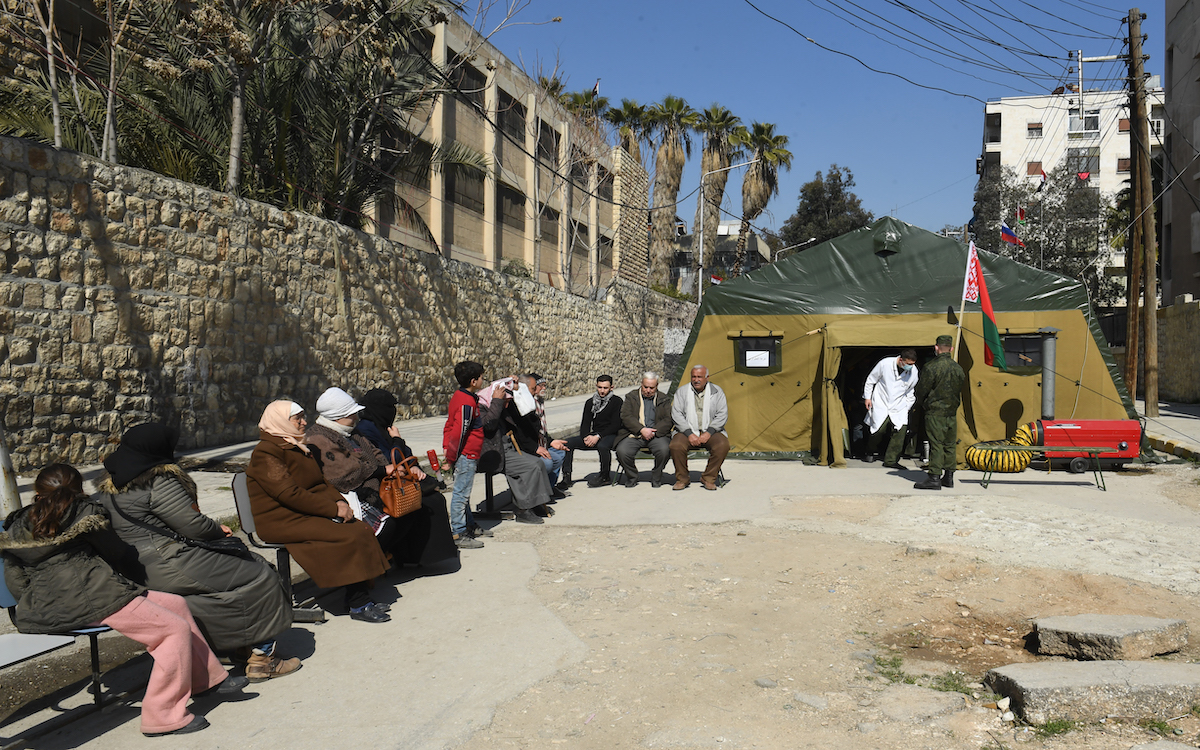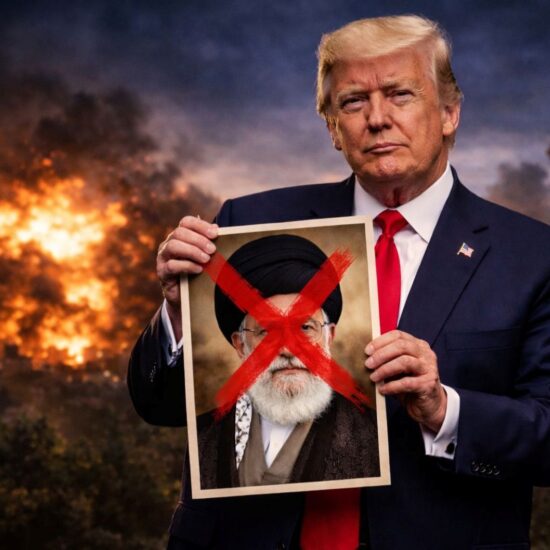
It’s been almost a month since two devastating earthquakes ripped through southern and central Turkey and the north-western regions of Syria. These earthquakes were some of the strongest recorded in the Levant, felt as far as Egypt, Israel, Palestine, Lebanon and Cyprus.
Nearly 60,000 fatalities have been confirmed – more than 50,000 in Turkey and over 7,000 in Syria – and the UN estimates that around 1.5 million people have been left without homes, with estimated damages in excess of $100 billion reported in Turkey and $5 billion in Syria, making them the fourth most costly earthquakes on record.
Despite the widespread destruction and terrible loss of life, international sanctions imposed against the Syrian government have severely frustrated the distribution of international aid to the victims in desperate need of it. Instead, Syria is receiving the bulk of its assistance from small, regional NGOs and other civil society groups, including those from neighboring Lebanon.
In the days following the devastating Beirut port explosion in 2020, Hussein Kazoun – along with several of his friends and family – took over an abandoned gas station in the neighborhood of Geitawi as an emergency hub to provide disaster relief in the area. The initiative quickly attracted additional support, giving rise to the Nation Station, which continues to help struggling communities through Lebanon’s ongoing national crisis.
“It’s a utopic model of governance in Lebanon, but it’s how things should be in our opinion,” Kazoun told NOW. “We’re a committee of the people, on the ground [doing] the work that the government should be doing, which is not the case.”
“When the earthquake happened,” he explained, “we felt the need and duty to help a grassroots initiative, Syrian Eyes, which needed the same amount of support that we received when the blast happened. It only made sense that we do the same, now that we are in a position to help.”
Partnered with various other Lebanon-based groups, businesses and local celebrities, Kazoun formed the Beirut for Syria Coalition, consisting of upcycling clothing brand Emergency Room, social kitchen The Great Oven, Ardkom, Nehna Hon, Azkadinya, multidisciplinary art platform Studio Kunukku, rappers El Rass and Bu Kulthoum, and Syrian DJ Boshoko.
So far, they have raised forty-five thousand dollars in aid donations, as well as large amounts of in-kind donations including food boxes, hygiene kits, medicines and clothing. These resources are being used to fund reconstruction efforts in residential areas damaged by the earthquakes, open social kitchens and generally improve the quality of life of those in need.
Logistically, the needs of the Syrian quake victims – food, shelter, medicine and electricity – are very similar to those struggling with the Lebanese economic crisis. Damaged roads, inclement weather and disruption to communications networks all hampered rescue and relief efforts, replicating conditions that many Lebanese who lived through the 2020 Beirut blast are all too familiar with.
The consequences of this disaster are only as big as they are because the system in place in Syria – just like the system in Lebanon – is not a good one. The problem started a long time ago.
Unfortunately, Kazoun also recognizes other similarities between the situations in Syria and Lebanon; an unprepared, complacent and corrupt government, unable – or unwilling – to step up and help its own people, whose actions may have directly exacerbated a sudden tragedy.
“The disaster that happened in Beirut three years ago from the explosion is very similar to the disaster happening in Syria,” he said. “The consequences of this disaster are only as big as they are because the system in place in Syria – just like the system in Lebanon – is not a good one. The problem started a long time ago.”
“The [Syrian] government will change the regulations daily,” Kazoun stated. “Sometimes, you have to speak to the embassy in Lebanon to get a truck into Syria. Other times, you have to deal with [people making] roadblocks in Syria that want to take the stuff we had. We’ve had some things stolen, so we get things as bait and we hide other ones in the trucks.”
Sanadak is another Lebanese citizen activation project sending aid to Syria. Originally founded in 2021 in response to the worsening conditions in Lebanon, Leen Dalibalta created the group to help those in need of medicines, surgical operations, and fundamental needs by collecting donations raised through events and campaigns.
“We all know how much Lebanon is suffering these days,” Dalibalta told NOW. “Our hearts ache because what we’re doing is so little in comparison to the whole situation, but – as an initiative of young people committed to doing good – it is our moral obligation and responsibility to help as much as we can, wherever the need requires us to intervene.”
“We felt the urge to take action and help our brothers and sisters in Syria, in light of the catastrophic disaster. We directly launched a campaign to collect fundamental human needs, such as food, clothes and heating essentials. We managed to get a fair amount of supplies and sent it to Syrian families.”
Dalibalta encountered obstacles while attempting to deliver aid. The long-running Syrian Civil War has left the country divided between various factions, including Bashar al-Assad’s Baathist government, and numerous other opposition parties and autonomous administration zones.
We’re giving the power to the people. It’s our motto [and] it’s how we function. It’s a disaster there [and] there’s a serious crisis here. One doesn’t cancel the other, in my opinion; everybody deserves help, especially when they’re facing a disaster like this.
Navigating the internecine conflicts between these groups is a difficult balancing act, echoing Lebanon’s own often-paralyzing sectarian posturing and infighting.
“We faced the challenge of delivering the donations to the people in need without getting in trouble with any of the parties,” said Dalibalta.
The situation remains undeniably fraught for those in need of support in Syria following the earthquakes. Many remain displaced and without access to essential supplies.
Nevertheless, Kazoun remains confident that the solution lies not with state actors or international aid, but with people willing to band together and combine their resources, whether in Lebanon or Syria.
“We need to support grassroots initiatives that are doing the work governments – or bigger NGOs – should be doing should be doing,” said Kazoun. “We’re giving the power to the people. It’s our motto [and] it’s how we function. It’s a disaster there [and] there’s a serious crisis here. One doesn’t cancel the other, in my opinion; everybody deserves help, especially when they’re facing a disaster like this.”
Robert McKelvey is a multimedia journalist with @NOW_leb. He tweets @RCMcKelvey.







